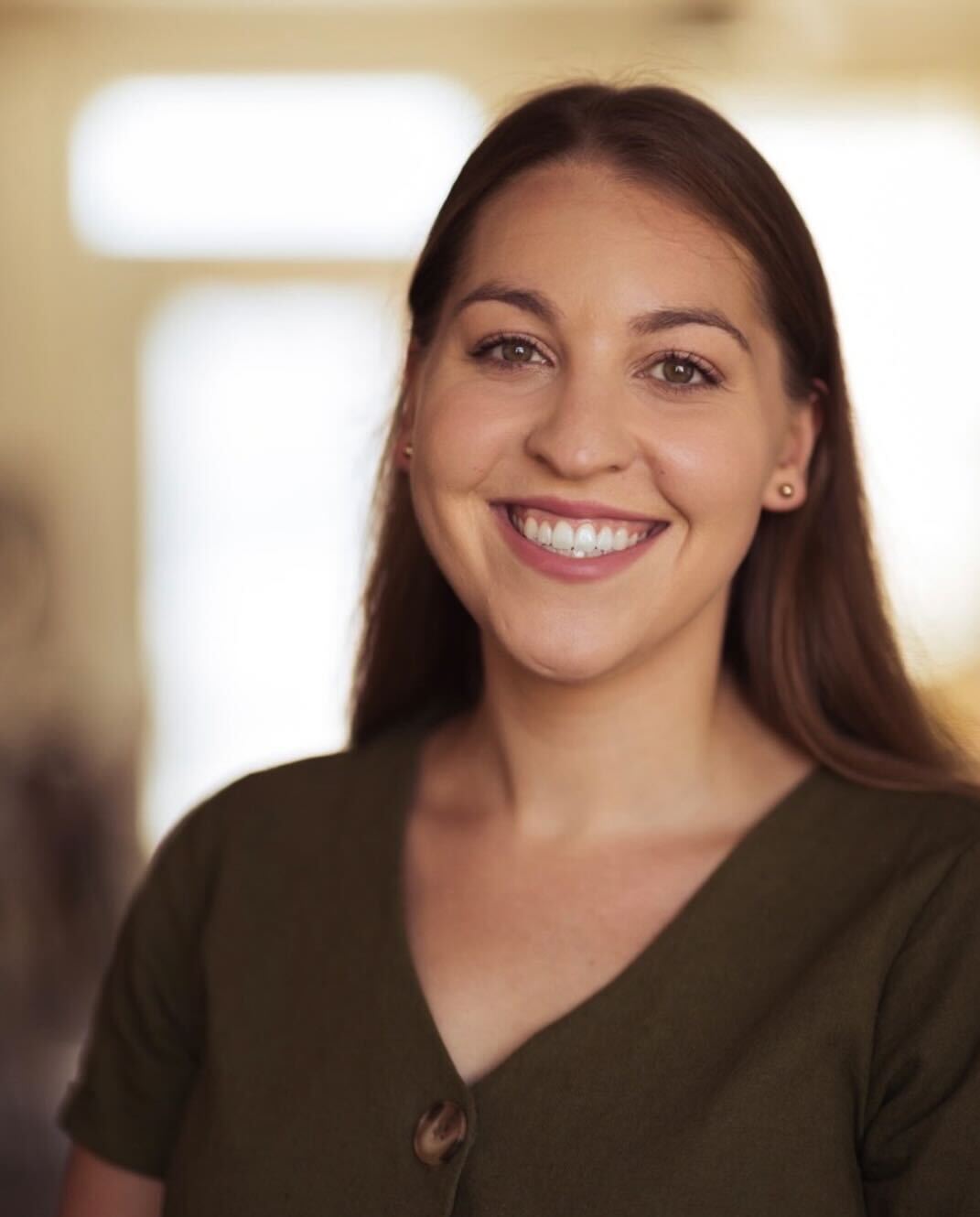Getting Sex Education to Youth with Intellectual and Developmental Disabilities
Published:

This spotlight was developed by Emily Baker, Content Development Support Specialist at James Madison University (JMU), in collaboration with the RHNTC. JMU houses SexEdVA, a TPP20 Innovation and Impact Network project that facilitates the Disability-inclusive Sexual Health Network (DSHN) as well as other work to support adolescent sexual health.
SexEdVA aims to integrate sexual health education into existing programs for youth with intellectual or developmental disabilities, like the Special Olympics.
When the project started, we envisioned that each of our partners—which include disability advocates, public schools, law centers, health care organizations, and others—would develop their own curriculum. But a few partners had to pivot from developing a curriculum to disseminating information and resources.
Given this shift, we realized it would be more useful for us to develop a resource hub that our partners can rely on. The hub includes resources for parents, teachers, and other educators. It's a place to go if they want to teach youth with disabilities about sexual health but don't know where to start. This is something that's not really out there, so to have it in one spot is awesome.
When we shared the resource hub at our quarterly meeting with partners, there was this moment of realization that it looks so good and is so useful—that was definitely a really good moment.
We also put together a list of Individualized Education Plan (IEP) objectives so there’s an established standard for providing sexual health education for youth with disabilities. Teachers, parents, or anybody can take these objectives to an IEP team and request sexual health education for their youth. This can be a really powerful tool that can support and push educators to do this work.
My advice is you can’t get stuck or hung up on people’s biases. There is a lot of negative conversation around the topic of sexual health education for youth with disabilities and you will encounter a lot of negative feedback. Focus on the positive—like the parents that are coming to you and saying, “This is what I've been looking for and I need it.”
I feel really lucky I found SexEdVA and that we are able to work together. They are all great people doing great work. They trust me and my opinions, and I trust them and their opinions. I haven't met a lot of these people in person but it's crazy how much we really trust each other's opinions and the cohesion that’s created in carrying out the program and working with our partners.
—Emily Baker, James Madison University
Copyright Emily Baker, distributed under a Creative Commons Attribution-NonCommercial-ShareAlike license
